|
Dear Andrea, I heard you got the COVID-19 vaccination. How were you able to get it, and what if any side effects did you experience? Sincerely, Individual Living with NMD Dear Individual Living with NMD, I got my first dose of the Pfizer COVID-19 vaccination on January 14 through my county's health department in Tennessee, the only way one can obtain the vaccine here at this time, unless you are a resident in a long term care, assisted living, or group home facility. It was not an easy path to navigate, however. My self advocacy process started on December 31, 2020 when I learned my state had updated vaccination priority Phase 1a1 to include "Individuals 18 years or older who cannot live independently due to a serious chronic medical condition or intellectual or developmental disability," the last bullet point in their documentation. This accurately describes my functional status; I could not live independently at this stage. I have help with many tasks by two members of my family. Knowing how things usually go, I felt I was going to have to prove I could not live independently, more so because the vaccinations are given in a drive-through format, and it's not obvious I use a powerchair since I transfer from it into my van's seat. In an effort to get a letter of proof, I emailed my neurology specialist through the patient portal. I requested a letter to explain, based on my diagnosis, that I could not live independently and shared a hyperlink to the state's Phase 1a1 verbiage that references adults who cannot live independently. On the first business day of 2021, I got a response with a letter for use as proof of eligibility. Although it explains my diagnosis, functional status (including noninvasive ventilator dependence), and my need to get a COVID-19 vaccination as soon as possible, it does not reference the state's Phase 1a1 verbiage. I wasn't too concerned though, because another individual had just shared in a Facebook group that her Tennessee county's health department required no proof of inability to live independently. Next, I called my county's health department, knowing they still were not scheduling COVID-19 vaccinations due to lack of inventory. But my goal was to confirm what they required for eligibility under the Phase 1a1 bullet point on "adults unable to live independently." In my mind, I figured I already had that proof in the form of the printed letter and would soon be able to schedule the shot. "Wishful thinking" on my part... The staff member did not know this part of Phase 1a1 existed. I read the verbiage from the state's website and told her where I found it. Then she said she didn't think that was for anyone other than nursing home or group home residents. I explained that not all of us with significant disabilities live in those situations and that I live in my own home with my husband who acts as my primary caregiver. She agreed to check with her supervisor for clarification and asked me to call back the next day. I called back, and she had not gotten an answer from her supervisor. She was awaiting a response from an email the director of the county health department had sent to the Tennessee Department of Health seeking clarification. She asked that I call again the next day and that most likely the answer would be available. I did that, and this time I spoke to another staff member who was unaware of my prior discussions and knew nothing about this aspect of Phase 1a1. I explained everything I had to the previous representative, and she placed me on hold to speak to her supervisor about the email. When she returned, she asked, "Do you work?" I shared that I work a reduced 30-hour per week schedule via an ADA accommodation. That's when she said this portion of Phase 1a1 was for those on social security disability. I explained that not all of us with high risk for severe COVID-19 complications are on SSI or SSDI; some of us work. She continued to ask if I was using Medicaid or any state benefits. I explained that I was not, that my employer provided health insurance for me and that my ability to work or not use state benefits should have nothing to do with my risk level and access to the COVID-19 vaccination. She agreed to check into it this further and said she would call me back. I shared my phone number and waited. The next day, this staff member called and said I was indeed not eligible for the vaccination under Phase 1a1 as it was, "for those who can basically do nothing for themselves." I then asked which phase I could get vaccinated under and explained that Phase 1c, not yet being scheduled for vaccination, showed verbiage for many different co-morbidities but did not list my condition. She assured me that Muscular Dystrophy would be classified under under Phase 1c, and our call ended. I felt defeated at the thought that I would be waiting an estimated two months on Phase 1c. I placed a public post on my personal Facebook page that resulted in individuals involved in advocacy for the disabled commenting and/or private messaging me next step suggestions. One of those suggestions was to reach out to my state representatives (state house and state senate). One state senator in particular was recommended, as he is known to be understanding of disability related concerns. I mentioned this to my oldest sister and learned she had gone to school with him from elementary through high school. She said she would see him in town occasionally and would chat. She suggested I should mention my relation to her in my letter. That Friday night I wrote a letter to that particular state senator and of course referenced my sister knowing him from school. I wrote to him "seeking suggestions about my unique situation with the county health department." I concisely described my understanding of the "dependent adults" aspect of Phase 1a1, shared the state website's verbiage about it along with screen shots from the website, and a hyperlink. I expressed my concern that it seemed I was being excluded on the basis of my ability to work and not use state benefits. I signed the letter with my phone number beneath my name. Early Monday morning, while I was working from home, the senator called and left me a lengthy voicemail explaining he had reached out to individuals at the state level over the weekend and that I did qualify for the COVID-19 vaccination under Phase 1a1. He suggested I call the county health department later that morning, giving them time to get the information from the state department of health to explain this aspect of Phase 1a1 to them. He said I should ask to be scheduled for the vaccine, assuming they had inventory for appointments. A couple of hours later, I called. The recording stated they had no inventory and would not be scheduling COVID-19 vaccination appointments that day. I hung up, but much to my surprise, the director of the county health department called me two hours later. She was up to date on the situation and asked if she could place me on a waitlist when I explained I had hung up after hearing they had no inventory. (Their greeting never referenced a priority waitlist.) I received an email confirmation of my being added to the waitlist a short time after our call. I was ecstatic to simply be on that list! Just when I thought the hurdles were all behind me, two days later, an appointment scheduler at the county health department called and tried to tell me I was NOT eligible. I persisted and explained the process I’d followed up to that point, and that the director herself had added me to the waitlist. That was acceptable to the scheduler, but she asked what I was told to bring as proof. I explained I had not been told proof was even required but that I had a letter my neurology specialist had written. I was warned I would be turned away at the vaccine site if my proof was not sufficient, yet she couldn't tell me herself what proof was required. The appointment was made for 3:15 p.m. that next day. Annoyed and fearing I would be turned away, I picked up the phone and called the health department, asking to speak to the director by name. I reached her voicemail and told her I was really confused. I explained she had personally added me to the waitlist after telling me she'd been told I was eligible under Phase 1a1, but now her staff member who scheduled me threatened that I better have proof or I would be turned away. I explained that I would appreciate a call back, because I didn't want to take off work and go for the vaccination if I was simply going to be turned away and my specialist's letter wasn't adequate proof. While I awaited her call back, I remembered the end of the state senator's voicemail, "You give me a call if you have any other problems with the county health department not allowing you to get your vaccination." I called and was able to reach him. He agreed to call the director to get this confusion cleared up. He also agreed to check with an attorney he'd communicated with at the state department of health when he originally researched this. Moments later, he called back and said the state attorney recommended I take the email string where he and another staffer said I personally met the qualifications for getting the vaccine under Phase 1a1. The senator forwarded that email string to me and asked that I print it and carry it to the appointment for the vaccine the next day. Moments later, my phone rang again, and it was the director of the local health department, returning my call. She explained in not so many words that the scheduler who told me I better bring adequate proof wasn’t trained to understand that she didn’t have to push me like she does those able-bodied folks trying to get around the system by lying about their vaccine eligibility. She was very nice and reassured me that at my appointment the next day, she herself would be registering people at the check in point and that she would not need proof. In fact, she said my portion of Phase 1a1 was the only one that didn't require identification or any other proof (which I found a little strange). That was not actually what happened the next day. My husband drove me there, and right away, when we answered the check in staff member that I was part of the Phase 1a1 provision for adults unable to live independently, we were given a strange look. My husband handed her a stack of emails and said this was the proof of the approval I'd received from the state to get the vaccination. She took the stack of papers and asked us to pull out of the line. I thought, "Here we go! This is where they send us home!" This individual was not the director of the county health department. "Where was she!?" I wondered. Well, she wasn't far away, and thankfully this individual took the stack of papers to her and mentioned my name. We could hear from our van with rolled down windows, "Oh, she's good to go. We've cleared her." From there, it was smooth sailing. We were ushered to the line where I was asked a few questions pertaining to allergic reaction risk, and in about five minutes, the needle was in my arm. I looked away and barely even felt it! It was a split second pinch and was less painful than many annual Influenza vaccinations I've received. You've made it this far, so you must be wondering how my body reacted to the COVID-19 vaccination. My symptoms in the hours after dose one were identical to that of other vaccinations I've received (Influenza and Pneumococcal). My arm was increasingly sore, the more time that passed. Within 26 hours, the soreness was gone. I never ran a fever, but I had a few short episodes of chills followed by hot flashes. I had some mild fatigue, but I experience a degree of fatigue daily, so it would be hard to say whether this was vaccination-related. I also had brief episodes of mild nausea that were intermittent the evening after the vaccination into the following morning. Two days later, I experienced a 3-4 hour period of slightly worse mild nausea. I had to nap through that, but I believe my going too long between meals may have increased the nausea. Obviously, these were minor inconvenience type symptoms that were well worth experiencing in order to work towards developing some immunity to COVID-19. All total, my process to get the first dose of the Pfizer COVID-19 vaccine involved nine phone calls and two emails. It shouldn’t have to be this way, but most of us who have lived with a disability for any period of time know few things come easy in the real world for us, and self advocacy is a must! In closing, if you plan to get a COVID-19 vaccination, I encourage you to research your state's prioritization schedule as soon as it becomes available and keep abreast of any changes to it. Don't be afraid to contact your county and/or state health department for clarification on eligibility. And if you hit a road block so to speak, reach out to your state representatives for their suggestions and assistance. And of course you can count on me to document my Pfizer COVID-19 second dose vaccination experience in this blog. Check back in February for that! All the best, Andrea Comments are closed.
|
AuthorAndrea is the Founder & President of Breathe with MD, Inc. and served as Ms. Wheelchair Tennessee 2017. Her blog posts are based on experience living with a Neuromuscular Disease. The blogs are not to be used as a substitute for medical care. Always seek medical advice and care from a licensed medical professional. Archives
June 2023
Categories |
Breathe with MD, Inc. is a U.S. registered 501(c)(3) nonprofit organization. Donations are tax deductible to the extent allowable by law.
Note: This website should not be used as a substitute for medical care. For medical care or advice, please seek the care of a clinician who specializes in the breathing issues of those with Neuromuscular Disease (NMD).
Web Hosting by Hostgator
Note: This website should not be used as a substitute for medical care. For medical care or advice, please seek the care of a clinician who specializes in the breathing issues of those with Neuromuscular Disease (NMD).
Web Hosting by Hostgator
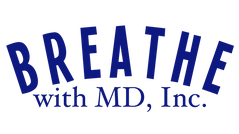
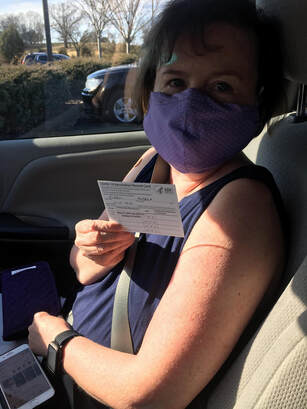
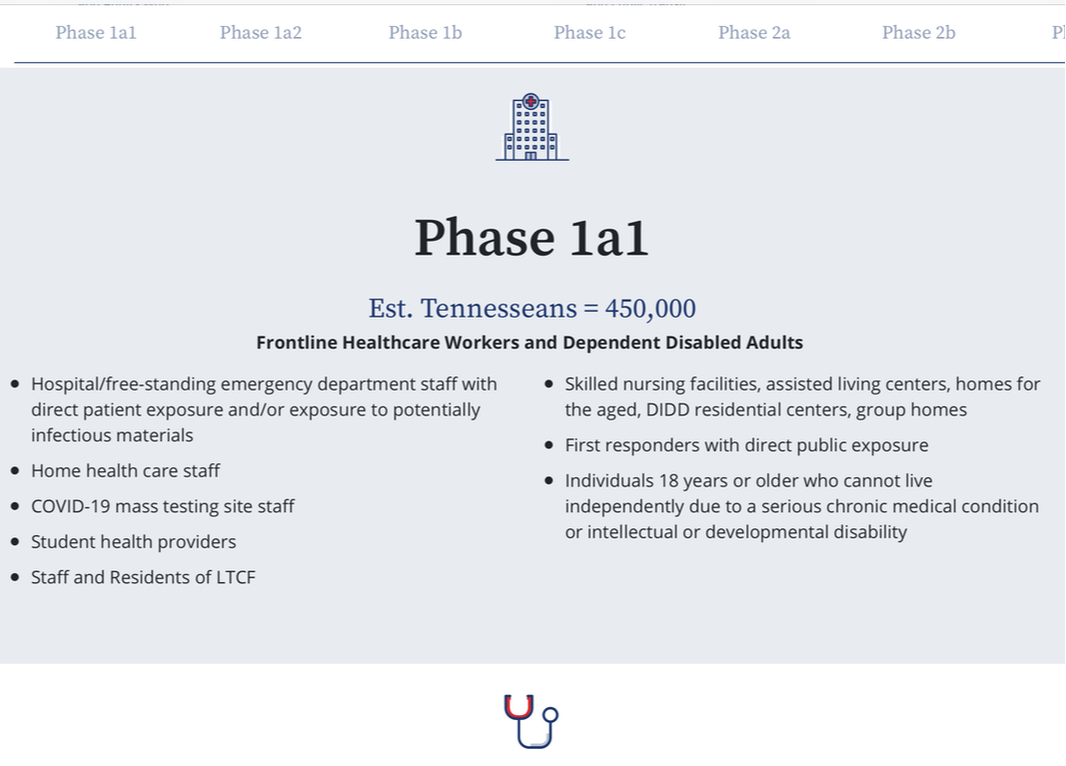
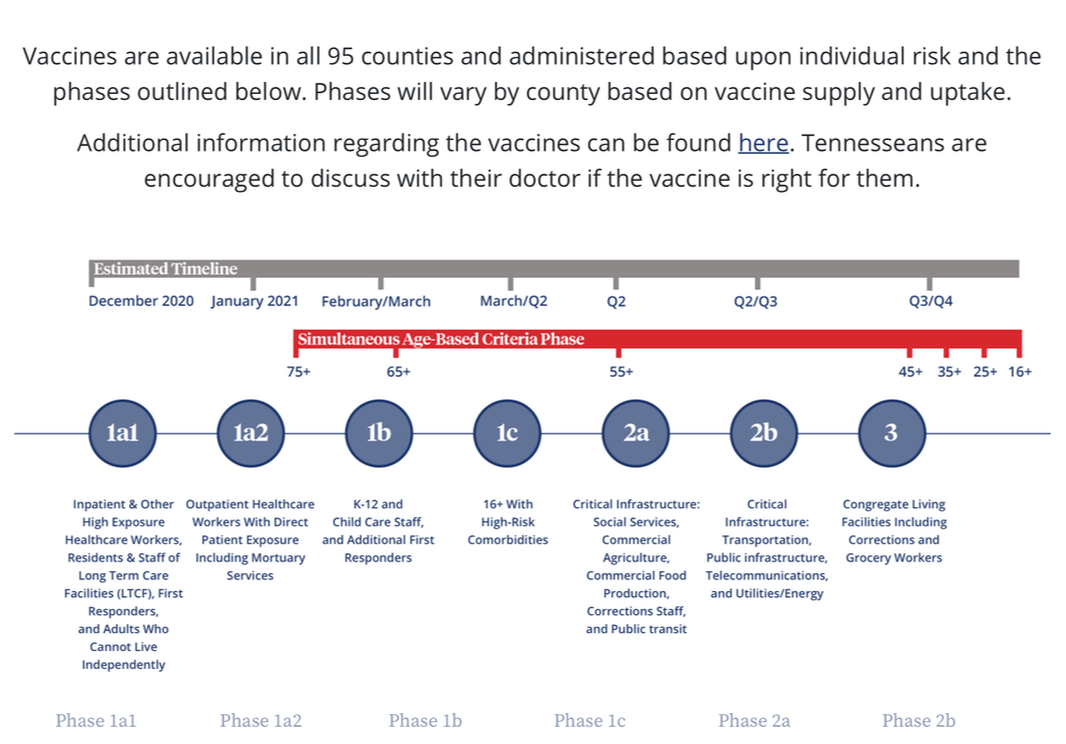
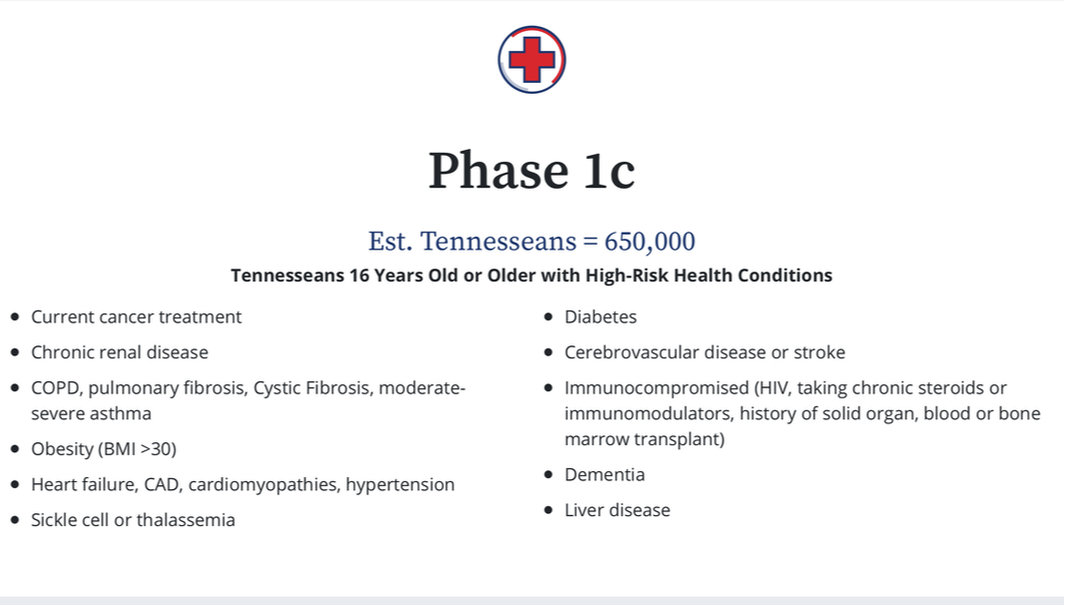
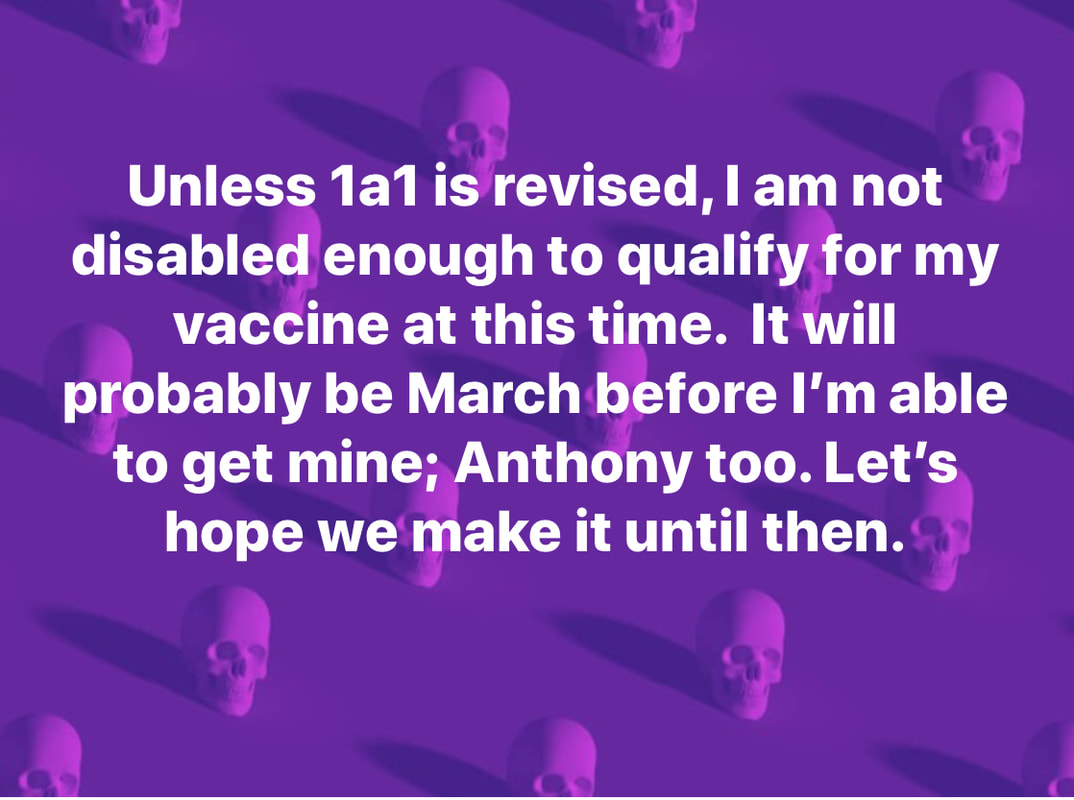
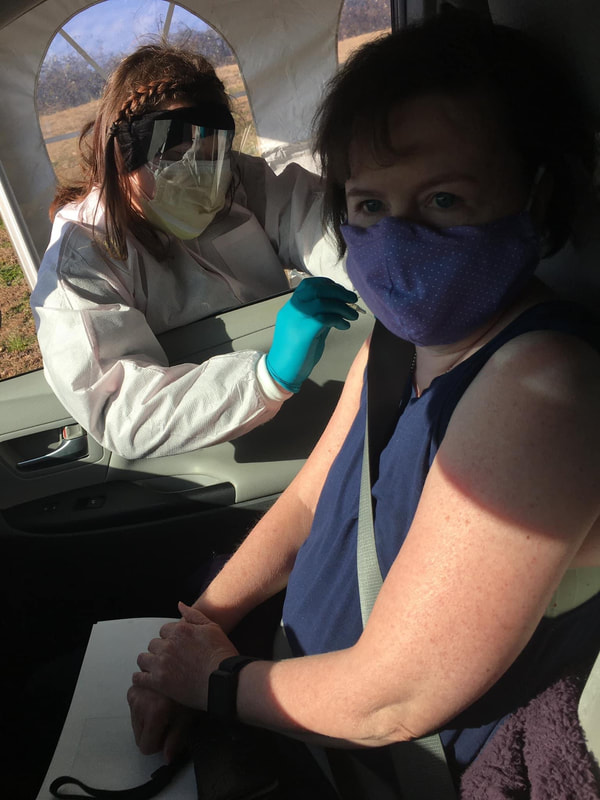
 RSS Feed
RSS Feed